U.S. FDA Approves PREVNAR 20®, Pfizer’s 20-valent Pneumococcal Conjugate Vaccine for Infants and Children

U.S. FDA Approves PREVNAR 20®, Pfizer’s 20-valent Pneumococcal Conjugate Vaccine for Infants and Children
NEW YORK--(BUSINESS WIRE)--Pfizer Inc. (NYSE: PFE) announced today that the U.S. Food and Drug Administration (FDA) has approved PREVNAR 20® (20-valent Pneumococcal Conjugate Vaccine) for the prevention of invasive pneumococcal disease (IPD) caused by the 20 Streptococcus pneumoniae (pneumococcal) serotypes contained in the vaccine in infants and children six weeks through 17 years of age, and for the prevention of otitis media in infants six weeks through five years of age caused by the original seven serotypes contained in PREVNAR®.
“Today's FDA approval of our vaccine, PREVNAR 20, now offers parents the ability to help protect their children against 20 pneumococcal serotypes in circulation, which represent the majority of pneumococcal disease in U.S. infants and children,"1,2 said Annaliesa Anderson, Ph.D., Senior Vice President and Chief Scientific Officer, Vaccine Research and Development, Pfizer. “This important PREVNAR 20 approval builds on more than 20 years of real-world impact with PREVNAR and PREVNAR 13, safety data, and effectiveness; highlighting Pfizer's leadership in developing groundbreaking pneumococcal conjugate vaccines to help protect infants and their families from life threatening infections. We are grateful to the families and clinical investigators who participated in this research and our colleagues who have worked tirelessly to develop this breakthrough vaccine.”
In the United States, there remains a considerable burden of disease attributed to serotypes not included in currently approved pneumococcal conjugate vaccines (PCVs).1 PREVNAR 20 builds on Pfizer’s approved PREVNAR 13 vaccine, and includes seven additional serotypes (8, 10A, 11A, 12F, 15B, 22F and 33F) shown to be associated with antibiotic resistance, heightened disease severity, invasive potential, and prevalence in pediatric pneumococcal cases.1 Moreover, data show that the additional seven serotypes included in PREVNAR 20 are among some of the most common serotypes causing pediatric IPD in countries, like the U.S., with existing pneumococcal vaccination programs.1 A study found that the seven additional serotypes alone accounted for an estimated 37% of IPD in U.S. children under five years of age.1
“With the approval of PREVNAR 20 for the pediatric indication, we now have an expanded vaccine to help provide infants and children with the broadest serotype protection in a PCV, helping to protect against the 20 serotypes in the vaccine, which includes the specific serotypes responsible for significant burden of disease in children under five,” said Dr. Sheldon Kaplan, Chief, Division of Infectious Diseases, Department of Pediatrics, Baylor College of Medicine and Chief, Infectious Disease Service, Texas Children's Hospital. "We are thrilled with this approval as it signifies a new chapter in pediatric pneumococcal conjugate vaccination. Based on the real-world results we’ve observed with PREVNAR 13, PREVNAR 20 has the potential to greatly reduce the substantial remaining burden of pneumococcal disease among U.S. infants and children and help protect them against this potentially serious disease.”
The FDA’s decision is based on results from the Phase 2 and Phase 3 clinical trial programs for the pediatric indication for PREVNAR 20. Three core Phase 3 pediatric studies contributed to data on the safety, tolerability, and immunogenicity of PREVNAR 20, including previously announced positive, top-line results of the pivotal U.S. Phase 3 study (NCT04382326). Further positive data from a Proof-of-Concept Phase 2 study (NCT03512288) that assessed the safety and immunogenicity of PREVNAR 20 also supported the FDA’s decision.
The U.S. Center for Disease Control and Prevention’s (CDC) Advisory Committee on Immunization Practices (ACIP) is committed to taking action as soon as possible on new vaccines after FDA approval. The next regularly scheduled ACIP meeting is June 21-22, 2023.
About 20-Valent Pneumococcal Conjugate (PREVNAR 20) Vaccine Regulatory Review
The FDA granted PREVNAR 20 Breakthrough Therapy Designation in August 2020 for the pediatric indication for invasive pneumococcal disease (IPD). Breakthrough Therapy Designation is designed to expedite the development and review of drugs and vaccines that are intended to treat or prevent serious conditions and preliminary clinical evidence indicates that the drug or vaccine may demonstrate substantial improvement over available therapy on a clinically significant endpoint(s).3 Drugs and vaccines that receive Breakthrough Therapy Designation are eligible for all features of the FDA’s Fast Track designation, which may include more frequent communication with the FDA about the drug’s development plan and eligibility for Accelerated Approval and Priority Review, if relevant criteria are met.4
In August 2022, Pfizer announced positive top-line results from its pivotal Phase 3 study in U.S. infants (NCT04382326) and, in January 2023, the U.S. FDA accepted for priority review a supplemental Biologics License Application (sBLA) for PREVNAR 20 for the prevention of IPD for the pediatric indication.
Additional positive top-line results from Pfizer’s Phase 3 study (NCT04546425) in infants in the European Union were announced in September 2022. In November 2022, Pfizer submitted the 20-valent pneumococcal conjugate vaccine candidate pediatric indication to the European Medicines Agency (EMA).
Click here to learn more.
Contacts
Media:
PfizerMediaRelations@Pfizer.com
+1 (212) 733-1226
Investors:
IR@Pfizer.com
+1 (212) 733-4848
Get Updates
from LSPA
Stay up-to-date on the latest news and events from Life Sciences PA, insights from the life sciences industry, and so much more!

Life Sciences Pennsylvania was founded in 1989 by a biotech scientist at Penn State University. Today it has grown to represent the entire life sciences industry – biotechnology and diagnostic companies, medical device companies, pharmaceutical companies, investment organizations, research institutions, and myriad service industries that support the life sciences in Pennsylvania.